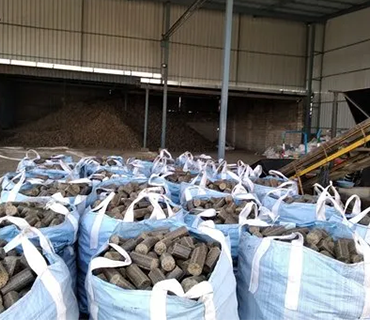

Briquetting
GSW is the leader in advanced briquetting services. We convert a range of waste materials into compact, high-density briquettes efficiently. Optimum compression is guaranteed through our state-of-the-art technology which turns waste into useful resources. We can handle biomass and agricultural residues as well as industrial by-products as we are flexible in our service provision for various waste management needs
Waste Reduction
Cost Savings
Our solutions to briquetting reduce the volume of waste to make it easy to store and transport them while promoting sustainability and cost-effectiveness. GSW has always been setting new benchmarks in the waste management industry through its innovative approaches toward environmental protection. This makes us offer efficient eco-friendly alternatives that will shape tomorrow’s world into being greener than today’s life.

Service Benefits
Duis aute irure dolor in reprehenderit in voluptate velit esse cillum.
-
By compacting waste materials
-
Briquettes can be utilized as alternative
-
Our briquetting services help clients
-
By diverting waste from landfills and
-
Q1.What types of waste materials can be processed through briquette?
GSW's briquetting services can process a wide range of waste materials, including biomass, agricultural residues, industrial by-products, and more.
-
Q2.How are the briquettes produced?
Briquettes are formed by compressing waste materials under high pressure, without additional binders or additives for compact and uniform briquettes.
-
Q3.What are the potential applications of briquettes?
Briquettes can serve as efficient fuel sources for industrial boilers, furnaces, and biomass power plants, as well as raw materials for metal smelting and other industrial processes.
-
Q4.How does briquetting contribute to sustainability?
Briquetting reduces waste volume, promotes resource utilization, and minimizes environmental impact by diverting waste from landfills and reducing reliance on traditional fossil fuels.